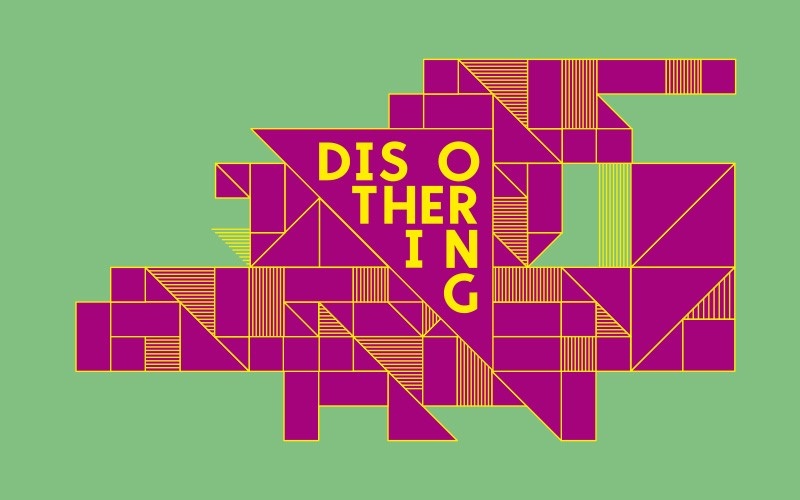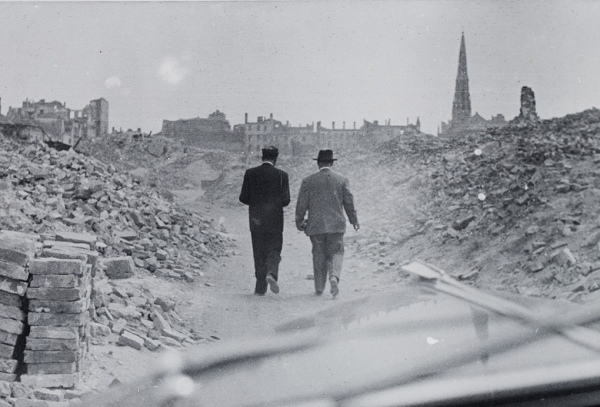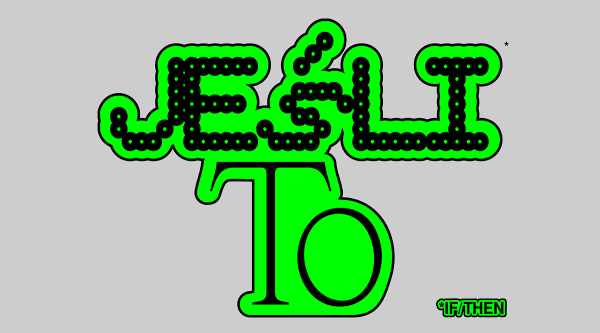project
Dis-Othering
Beyond Afropolitan and Other Labels
- The ‘Other’ lives next to us, above all – as a creation of ours, in our social and institutional life, as well as in the art world. Our identity feeds off the so-called Other, projecting on to that construct everything that we find inconvenient in ourselves. This ‘otherness’ suits us; it works in our favour – it is something that we all employ, however deliberately. What if we were to reverse direction? And project on to ourselves all that we have been so keen to lumber the ‘Others’ with? In the project Dis-Othering: Beyond Afropolitan and Other Labels, BOZAR, SAVVY Contemporary, Kulturen in Bewegung VIDC, Royal Museum for Central Africa, Afropean London and the magazine Obieg have come together to promote a dialogue of equals conducted between different cultures. The exhibitions, symposiums, festival, lectures and productions, residency programme, mapping, the website and the special edition of Obieg will all dovetail to serve ‘dis-Othering’. These very diverse formulas will gather artists, thinkers and people from many different communities and local clusters who – in Berlin, Brussels, Vienna and Warsaw, in 2018 and 2019 will take on board the current processes that create the ‘Other’ – in order to reflect on the opportunities to dis-Other, and to end the trap of Otherness alienation.
- Let us revisit, in the spirit of empathy, the baggage that we had been so keen to dump on others Other’. Perhaps, rather than seek out and project onto others our own imperfections, biases and fears, we may be able to tame and work through them in a positive way. Living in a world brimming with differences requires on our part their appreciation and a manifestation in ourselves of that embarrassing, or at times frightening, multiplicity of variables. The project takes its cue from the Nguemba saying: Leh zo, A me ke Nde za, which literally translates as ‘stick to yours, and I will stick to mine’. Let us treat this as an invitation to a lesson in ‘Afropolitanism’, which – unlike ‘metropolitism’ allows us to view the cities of the African continent not through the prism of the imperfections of its infrastructure but rather the creativity of the local peoples.
- Dis-Othering aims to transcend sterile social, political and economic formulas that are quick to descend into the rut of colonial thinking. How can we create a concept free of this?
- The Warsaw component of Dis-Othering will combine our input with the project Diversity Mapping, conducted under the auspices of Savvy Contemporary. We are convinced that the participation of Obieg – one of the first magazines in Central and Eastern Europe to take on board art created outside ‘the West’ in the context of decolonisation, a magazine that has set out to open up new perspectives on art free from the prevailing centralised dogma – will prove to be especially significant. In the presentation of unique data from Austria, Belgium, Germany and Poland on the cultural impact of the African diaspora we perceive an opportunity to combine the experience of ‘old’ and ‘new’ Europe. We address Dis-Othering not only to art institutions and researchers. The project is intended to be all-inclusive – inviting the involvement of people of varying background, age group and knowledge.
- In the 13th, special edition of Obieg, let us take a closer look at the African diaspora in Central and Eastern Europe, and in particular in Poland. Let us examine its here-and-now, but also the past – in particular, the 1960s and 1970s when, with the onslaught of ‘Soviet globalisation’, there took place a lively cultural exchange between African and socialist countries. We will explore the microstories of both anonymous and prominent members of the diaspora, who have ‘done Poland’ or settled here permanently. From the perspective of Dis-Othering, we will explore the story of a star of Ethio-jazz, Mulatu Astatke, a painter from Ghana, Nicholas Kowalski, and the Polish music from Senegal, Larry Okey Ugwu, and many others. This issue of Obieg will be created in collaboration with the magazine’s two residents at Ujazdowski Castle Centre for Contemporary Art: Joanna Grabski, Professor of Art History and director of the School of Arts at the State University of Arizona, and Manthia Diawara, a writer and director from Mali, as well as Professor of Cinema Studies at the University of New York (NYU).
Today at U–jazdowski



